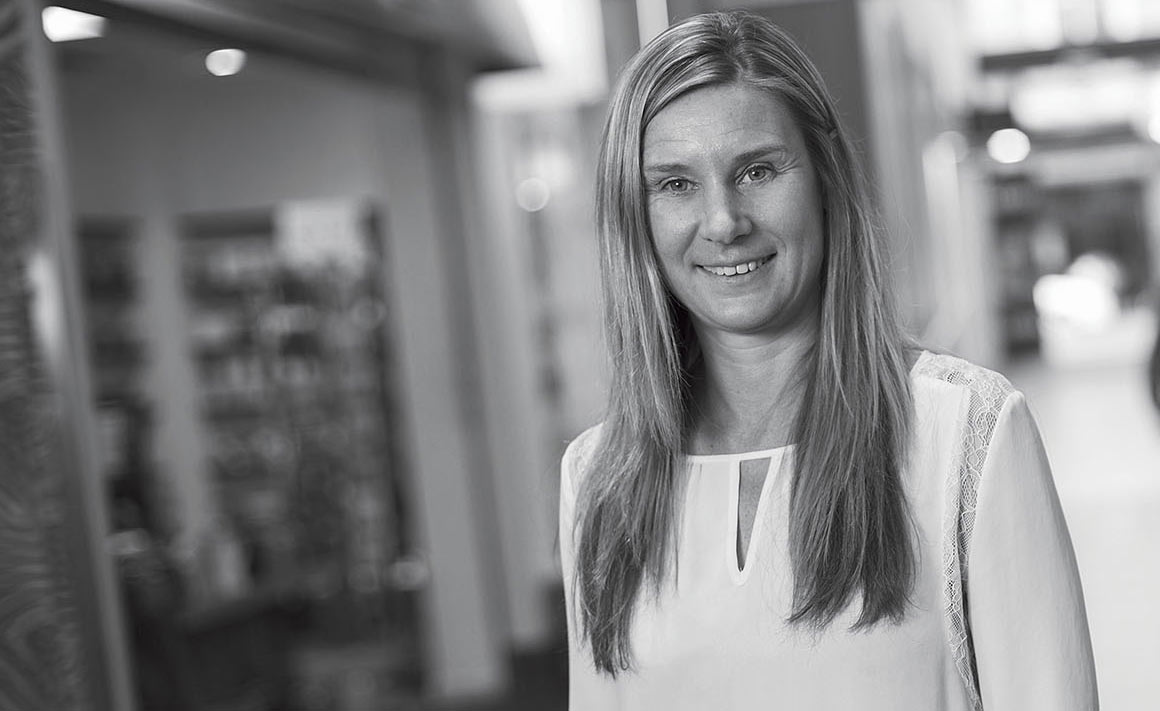
An ongoing consumer behaviour research programme is providing important insights into changes in our consumer lifestyles.
Since 1979 Otago's Marketing researchers have been quizzing New Zealanders on their consumer lifestyles.
The latest survey – the sixth – asked more than 2,000 people nearly 600 questions about consumer attitudes, opinions and behaviours using an online questionnaire for the first time.
The study's lead author, Dr Leah Watkins, says that the main changes since the previous survey (in 2005) include consumers becoming more aware of the social implications of consumption and of its impact on the environment. She says that this is reflected in consumers becoming more frugal, and more conscious of recycling and re-using goods.
She cautions, however, that while frugality is recognised as a desirable goal and deliberate lifestyle choice for some, for those whose personal resources are already stretched, it might be as much a necessity as it is a choice. She notes, for instance, that fewer people agreed with the statement, “Our family is better off financially than we were a year ago”.
Watkins says that the study also points to significant changes in the way we view the role of business and government.
“People increasingly feel that business should not be simply about maximising profits, but should recognise its social and environmental responsibilities. They equally want to see the government taking a more positive and constructive role in protecting the environment.”
Among the other findings: more of us are happy with the amount of tax we pay; fewer are happy with the prices we pay for goods; more of us are concerned about obesity, in general, and our own weight management, in particular; fewer know how to cook basic meals from scratch; and more – one in three – can be classified as heavy drinkers, according to ALAC guidelines.
We are also spending more time with online media; relying more on digital sources for our news and entertainment; spending more of our consumption dollars on online purchases; and increasingly sharing our retail experiences and researching products, prices and quality of service online.
The study fits consumers into seven lifestyle groupings, from largest to smallest: “progressives”, “traditional family values”, “quiet lifers”, “disengaged”, “young pleasure seekers”, “success driven extroverts” and “new greens”.
Watkins says that the “progressives” have nearly doubled since 2005 to become the largest single group. They are characterised as being well educated, largely female, strongly community oriented, and concerned with social and environmental issues.
Watkins says that most of the interest in the latest findings has come, not from policymakers, but from industry, which is particularly curious about the changes in lifestyle groupings.
“Consumer trends can change very quickly,” Watkins notes, “and it is important to have this regular ongoing study so that we can capture those changes.”
The Lifestyles Research Group comprises Watkins, Associate Professor Rob Aitken, Dr Sanna Ganglmair-Wooliscroft, Professor Rob Lawson, Dr Damien Mather, Dr Kirsten Robertson and Dr John Williams.
Funding
- University of Otago